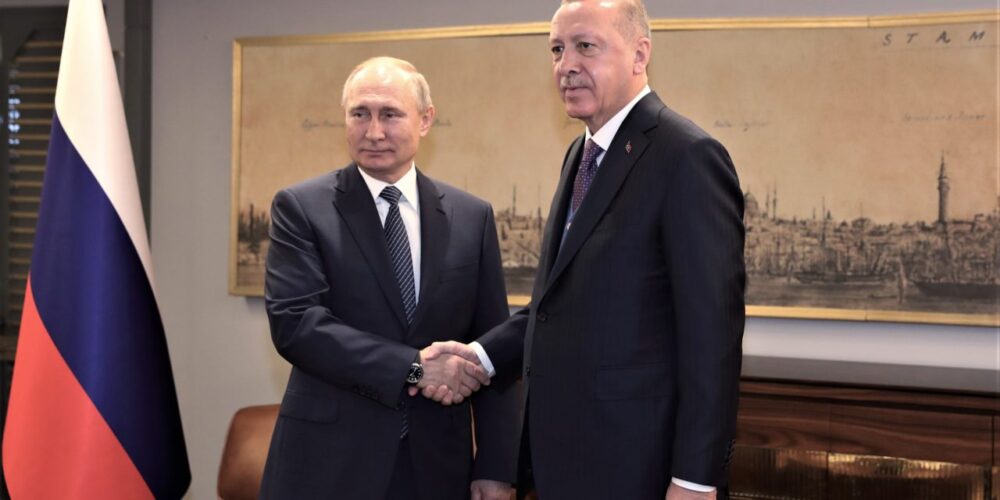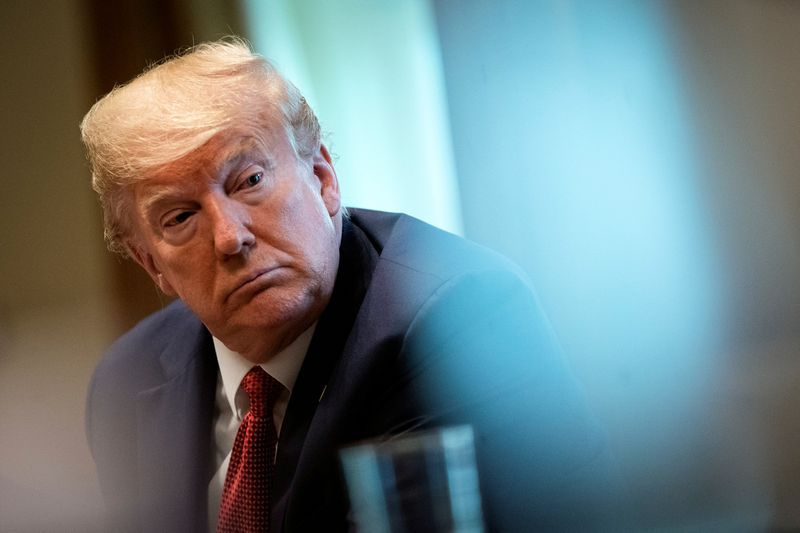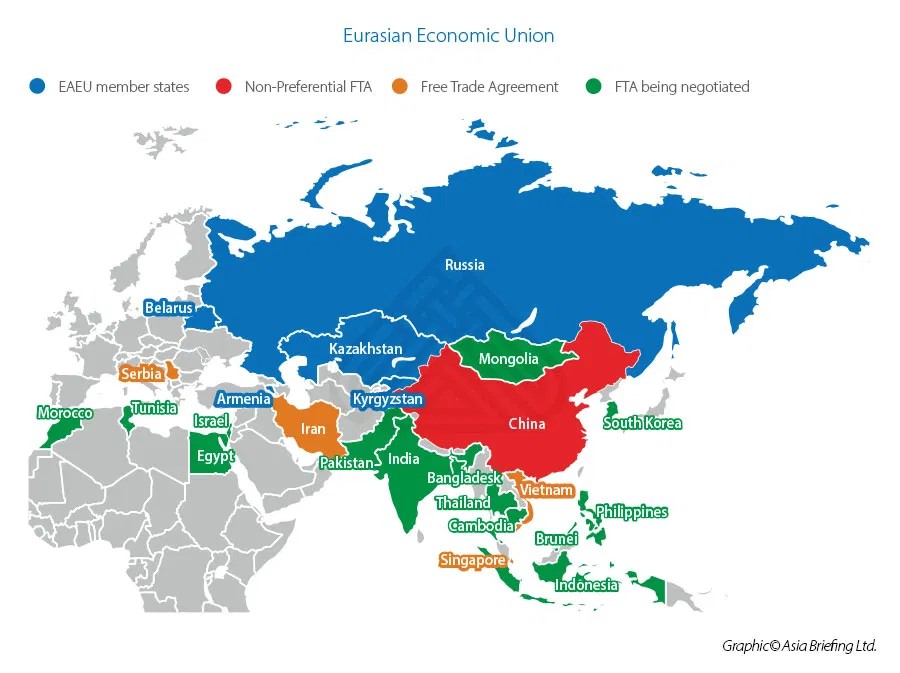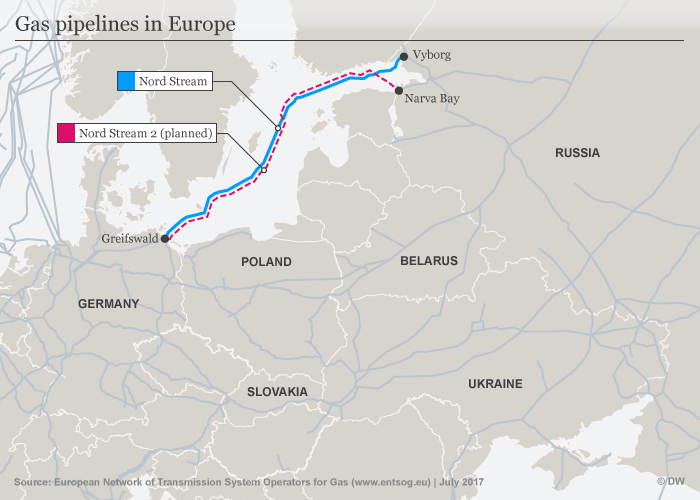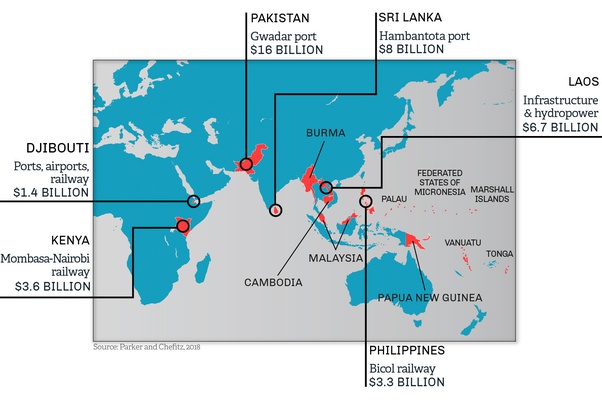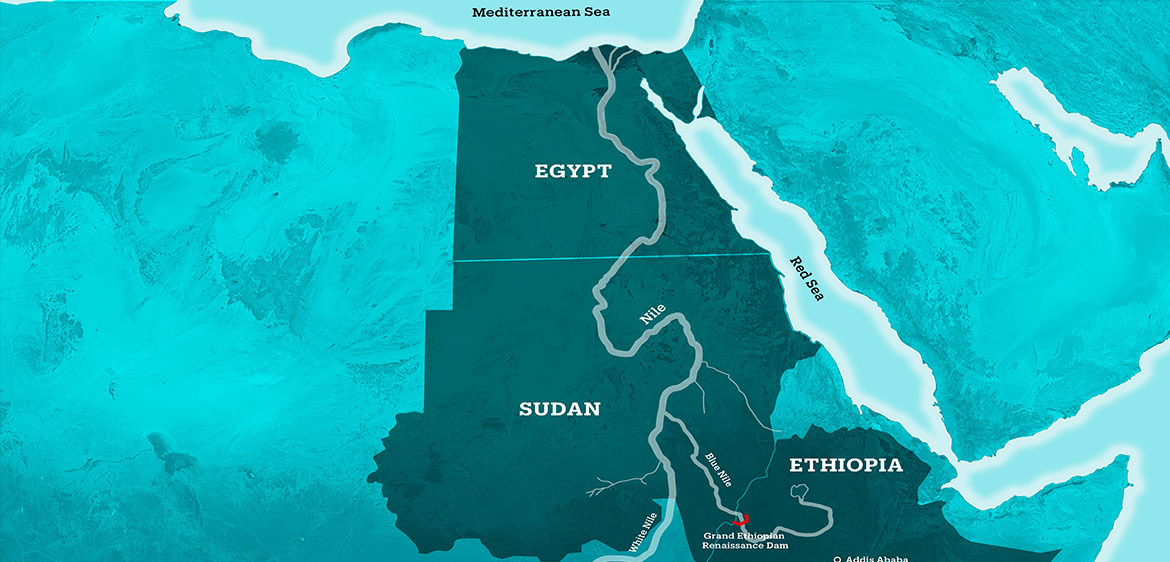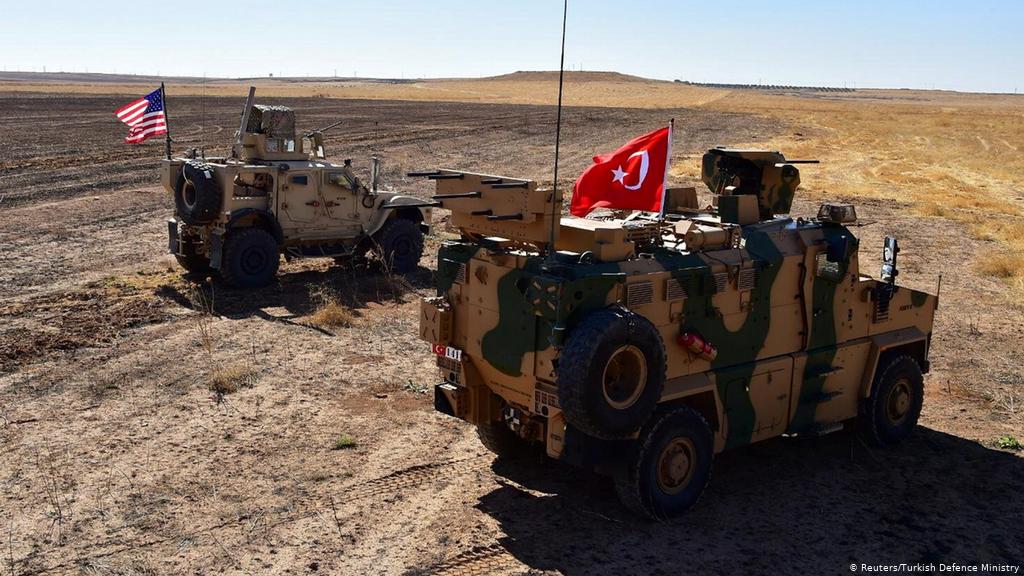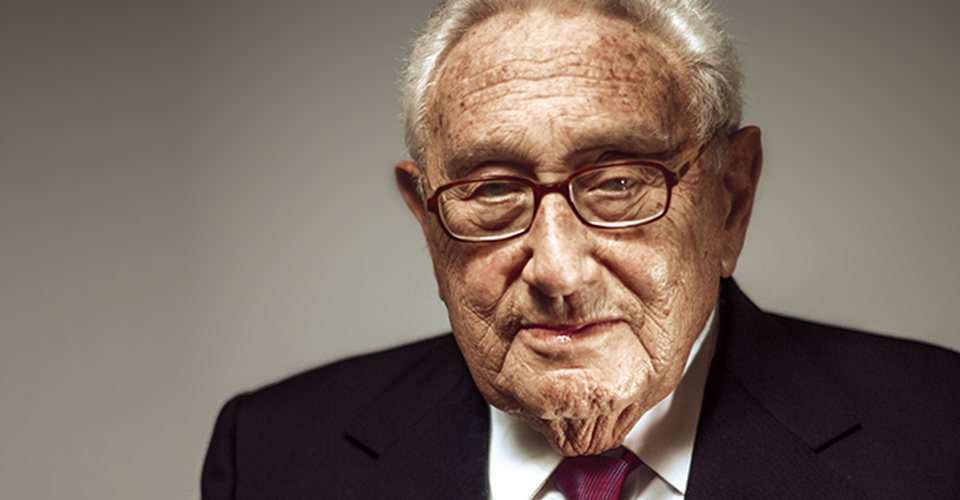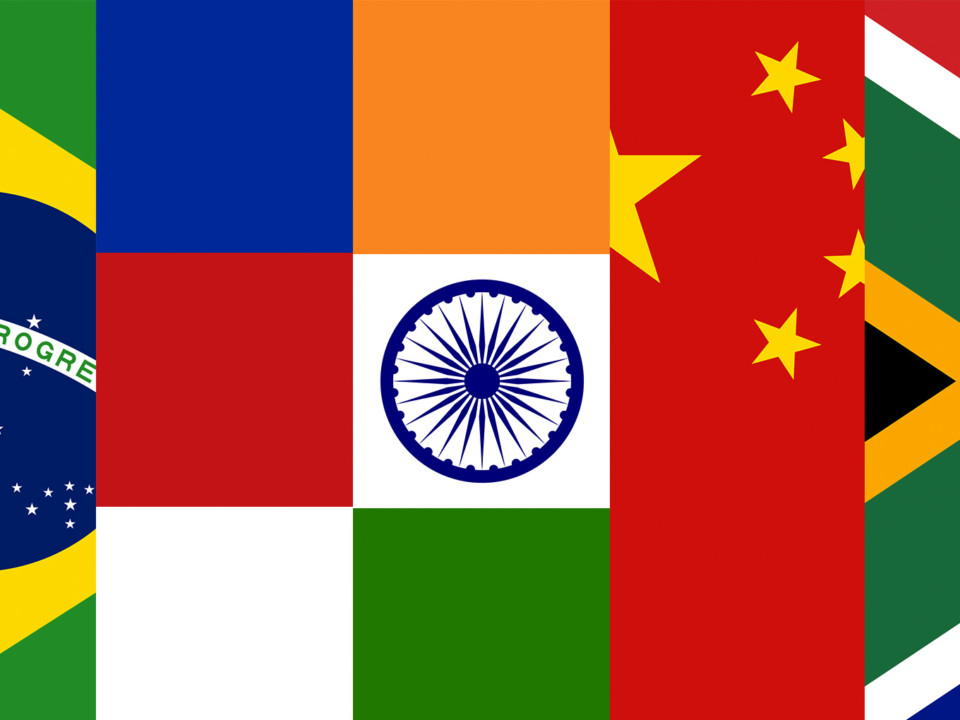Political Economy Journal: Russia’s Foreign Policy in the Middle East
BY: Daniel Ranjbar PEJOURNAL - In 1787, with several European ambassadors, the Russian Empress Catherine II visited Crimea. The purpose of the trip was to reassure and deceive the ambassadors before a new war against the Sublime Porte with regard to Russia’s true power ability. To this end, Crimean Governor Grigory Potemkin set up mobile villages full of soldiers dressed as farmers to show a fake picture of a fully developed countryside with flourishing agricultural activity. Since then, ‘Potemkin settlements’ have become synonymous with diplomatic deceit and have had a profound influence on the history of Russian foreign policy. As…
